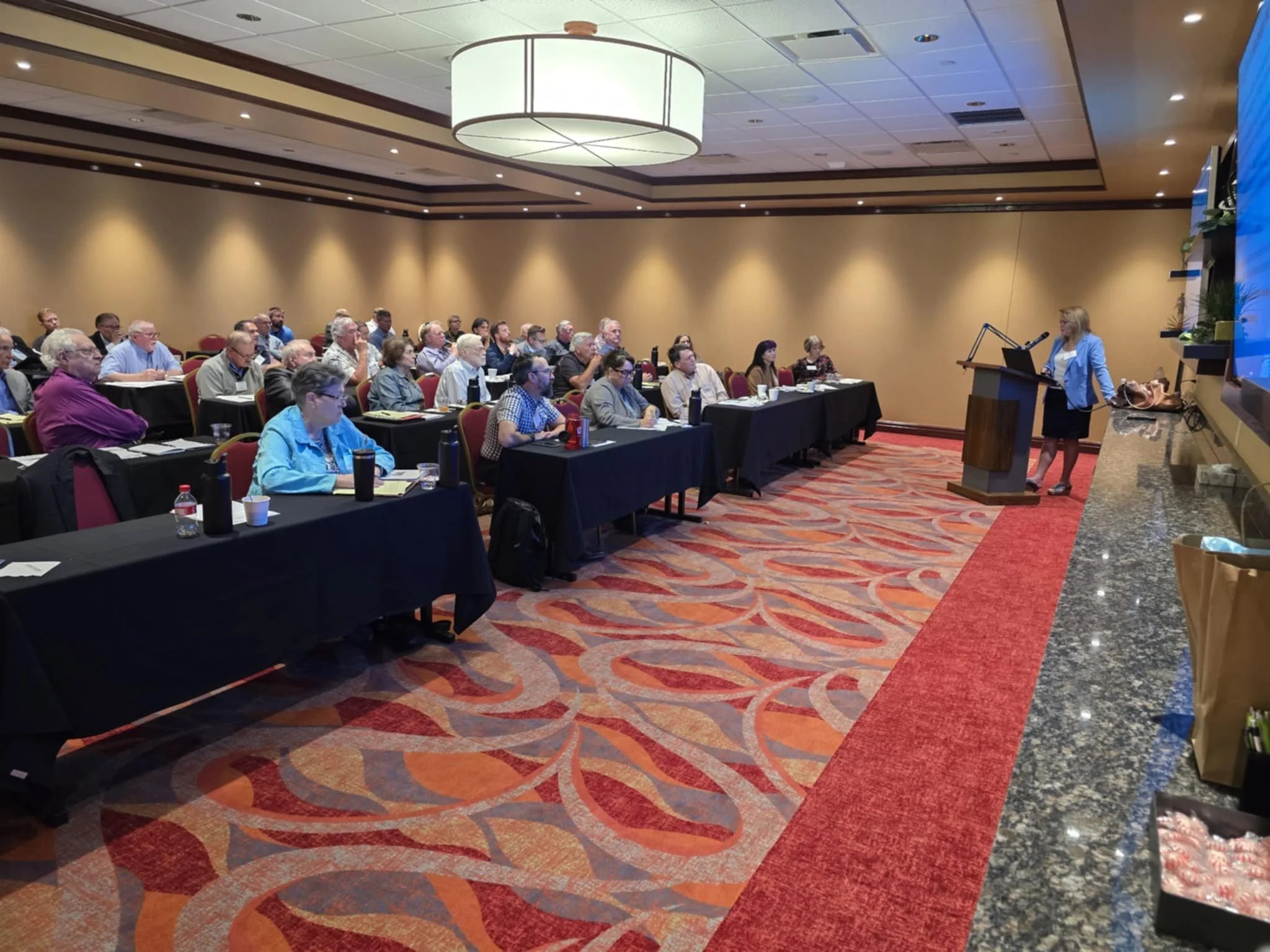Supreme Court decision is pivotal to Oklahoma Municipalities
Yesterday the Supreme Court handed down a decision in a pivotal case that will have an impact on Oklahoma municipalities. In conjunction with the State and Local Legal Center we have prepared the following information to help you better understand what happened with the court and how it might impact municipal government. Not to spoil the ending, but there is much we still don’t know and won’t until the State, Congress and the Tribes address jurisdictional issues created by the ruling. Yesterday Attorney General Mike Hunter and the Muscogee (Creek), Cherokee, Chickasaw, Choctaw, and Seminole Nations released this joint statement in solidarity. Their message was encouraging for the future relationship between Oklahoma and the Tribes.
“The Nations and the State are committed to implementing a framework of shared jurisdiction that will preserve sovereign interests and rights to self-government while affirming jurisdictional understandings, procedures, laws, and regulations that support public safety, our economy, and private property rights. We will continue our work, confident that we can accomplish more together than any of us could alone.”
While this case only applies to one Indian tribe in one state, the million-dollar questions is whether it might mean that there are other Indian reservations that many have long thought no longer existed. The short answer is it depends on what Congress has said or not said about getting rid of those reservation. Long and short summaries of this fascinating case are below. It took the Court two terms, two cases, and two oral arguments to decide this one.
In a 5-4 decision the Supreme Court held in McGirt v. Oklahoma that for purposes of the Major Crimes Act (MCA) three million acres, including most of the City of Tulsa, is a Creek reservation.
“[e]ach tribe’s treaties must be considered on their own terms, and the only question before us concerns the Creek.” Oklahoma state court convicted Jimmy McGirt, a member of the Seminole Nation of Oklahoma, for three serious sexual offenses. McGirt claimed his crimes took place on a Creek reservation and therefore that the state of Oklahoma had no jurisdiction to try him.
According to Justice Gorsuch, writing for the majority, because “Congress has not said otherwise” the treaty between the Creeks and the federal government creating a reservation in 1932 remains a reservation. Only Congress can divest a reservation of its land and diminish its boundaries. So, it’s no matter how many other promises made to a tribe that the federal government has already broken. If Congress wishes to break the promise of a reservation, it must say so. But Congress didn’t in this case the Court opined.
Justice Gorsuch recounted the history of the treaty in which the Creeks agreed to relocate to what is now Oklahoma from Alabama and Georgia. Even though the treaty didn’t refer to the Creek land as a “reservation”—"perhaps because that word had not yet acquired such distinctive significance in federal Indian law,” it was a reservation, according to the majority. Justice Gorsuch acknowledged that over time the federal government “broke” more than a few of its promises to the Tribe. Most relevant to this case, in 1901 the Creeks agreed to allot 160-acre parcels to individual tribe members who could sell them to anyone they liked. But what Congress never did, according to the Court, was pass a “statute evincing anything like the ‘present and total surrender of all tribal interests’ in the affected lands.”
Justice Gorsuch states that the ruling in this case only applies to the Creeks because “[e]ach tribe’s treaties must be considered on their own terms, and the only question before us concerns the Creek.” But Chief Justice Roberts notes in his dissent that “the Court’s reasoning portends that there are four more such reservations in Oklahoma” because four other tribes also agreed in treaties to move to what is now Oklahoma. Justices Thomas, Alito, and Kavanaugh joined the Chief Justice’s dissent.
According to Justice Gorsuch the impact of this decision on criminal prosecutions in Oklahoma won’t be significant because “only between 10% and 15% of its citizens identify as Native American.”
But Chief Justice Roberts’ dissent warns of the big impact of this case beyond the MCA. Specifically, tribes may regulate non-Indian conduct on reservation land in some instances and “impose certain taxes on non-Indians on reservation land.” Justice Gorsuch acknowledges that “recognizing the existence of the Creek Reservation for purposes of the MCA might potentially trigger a variety of federal civil statutes and rules.” He asks “what are we to make of this? Some may find developments like these unwelcome, but from what we are told others may celebrate them.” Roberts warned that “across this vast area” now deemed to be Native American land, “the State’s ability to prosecute serious crimes will be hobbled and decades of past convictions could well be thrown out.”
Roberts’ statements went to the heart of the Municipal League’s concerns, “On top of that, the Court has profoundly destabilized the governance of eastern Oklahoma,” Roberts wrote. “The decision today creates significant uncertainty for the State’s continuing authority over any area that touches Indian affairs, ranging from zoning and taxation to family and environmental law.”
Oklahoma’s cities and towns have historically had an incredible relationship with our tribal neighbors. There are countless partnerships and philanthropic endeavors we have shared. Those relationships will be essential in working out any potential fallout from this ruling. As all of you know, there will be no change in taxation as the tribes have always been exempt from municipal sales tax. The ruling does set up potential conflicts in regard to regulatory issues, zoning and land use. There will most certainly be change in law enforcement in the Muscogee (Creek) Nation. We must put faith in our existing tribal relationships and the State and Federal Government to work with the Tribal Nations to create a lasting partnership so that we can thrive together.

